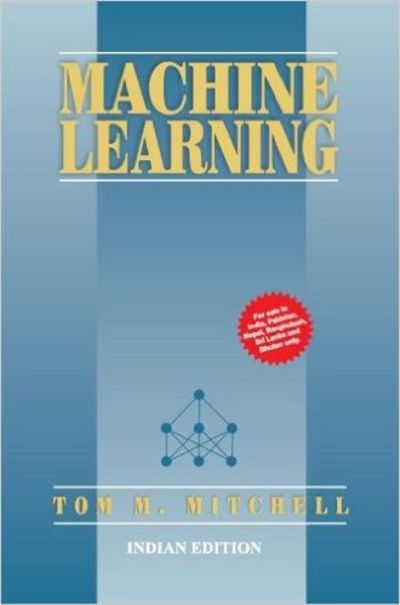
- Teacher: DR.SANNIDHAN MS -

Machine Learning: An Essential Guide to Building Adaptive Systems
Machine Learning, a vital branch of Artificial Intelligence, delves into developing computer systems capable of learning from experience. This fascinating field intersects with various domains including statistics, cognitive science, information theory, optimization, and probability theory. In this course, we aim to demystify the process of building systems that not only learn but also adapt, drawing from a rich array of real-world applications.
Designed to be comprehensive yet accessible, this class doesn't require prior expertise in the area. We will cover an array of pivotal topics such as linear discriminants, neural networks, decision trees, support vector machines, alongside the intriguing realms of unsupervised and reinforcement learning.
At the heart of Machine Learning is the concept of programming computers to learn rules from data, adapt dynamically, and enhance their performance through accumulated experience. This concept, a foundational dream of Computer Science, has gained paramount importance in today's world. As computers are increasingly called upon to solve complex problems and become more intertwined with our daily lives, the role of Machine Learning has never been more crucial. Join us on this journey to explore how Machine Learning is reshaping the future of technology and our interaction with it.
- Teacher: DR. ARAVINDA CV -
Machine Learning is the study of how to build computer systems that learn from experience. It is a subfield of Artificial Intelligence and intersects with statistics, cognitive science, information theory, optimization, and probability theory. The course will explain how to build systems that learn and adapt using examples from real-world applications. The main topics include learning methods, neural networks, decision trees, support vector machines, unsupervised learning, and reinforcement learning and Algorithms.
- Teacher: SOUMYA ASHWATH -
